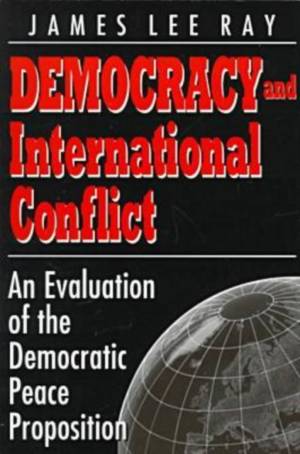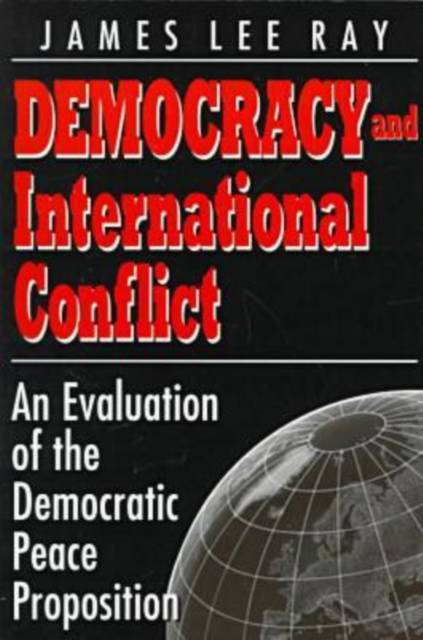
- Afhalen na 1 uur in een winkel met voorraad
- Gratis thuislevering in België vanaf € 30
- Ruim aanbod met 7 miljoen producten
- Afhalen na 1 uur in een winkel met voorraad
- Gratis thuislevering in België vanaf € 30
- Ruim aanbod met 7 miljoen producten
Omschrijving
In Democracy and International Conflict, James Lee Ray defends the idea, so optimistically advanced by diplomats in the wake of the Soviet Union's demise and so hotly debated by international relations scholars, that democratic states do not initiate war against one another and therefore offer an avenue to universal peace. Ray acknowledges that despite persuasive theoretical arguments and empirical evidence in favor of this idea, the democratic peace proposition is susceptible to attack on three points: the statistical rarity of both international wars and democracies; the difficulty in defining democracy; and the vulnerability of democratic regimes. To confront these criticisms, Ray offers a systematic analysis of regime transitions and a workable definition of democracy as well as careful scrutiny of cases in which democracies averted international conflict.
Specificaties
Betrokkenen
- Auteur(s):
- Uitgeverij:
Inhoud
- Aantal bladzijden:
- 243
- Taal:
- Engels
- Reeks:
Eigenschappen
- Productcode (EAN):
- 9781570032417
- Verschijningsdatum:
- 31/03/1998
- Uitvoering:
- Paperback
- Formaat:
- Trade paperback (VS)
- Afmetingen:
- 154 mm x 230 mm
- Gewicht:
- 408 g

Alleen bij Standaard Boekhandel
Beoordelingen
We publiceren alleen reviews die voldoen aan de voorwaarden voor reviews. Bekijk onze voorwaarden voor reviews.











